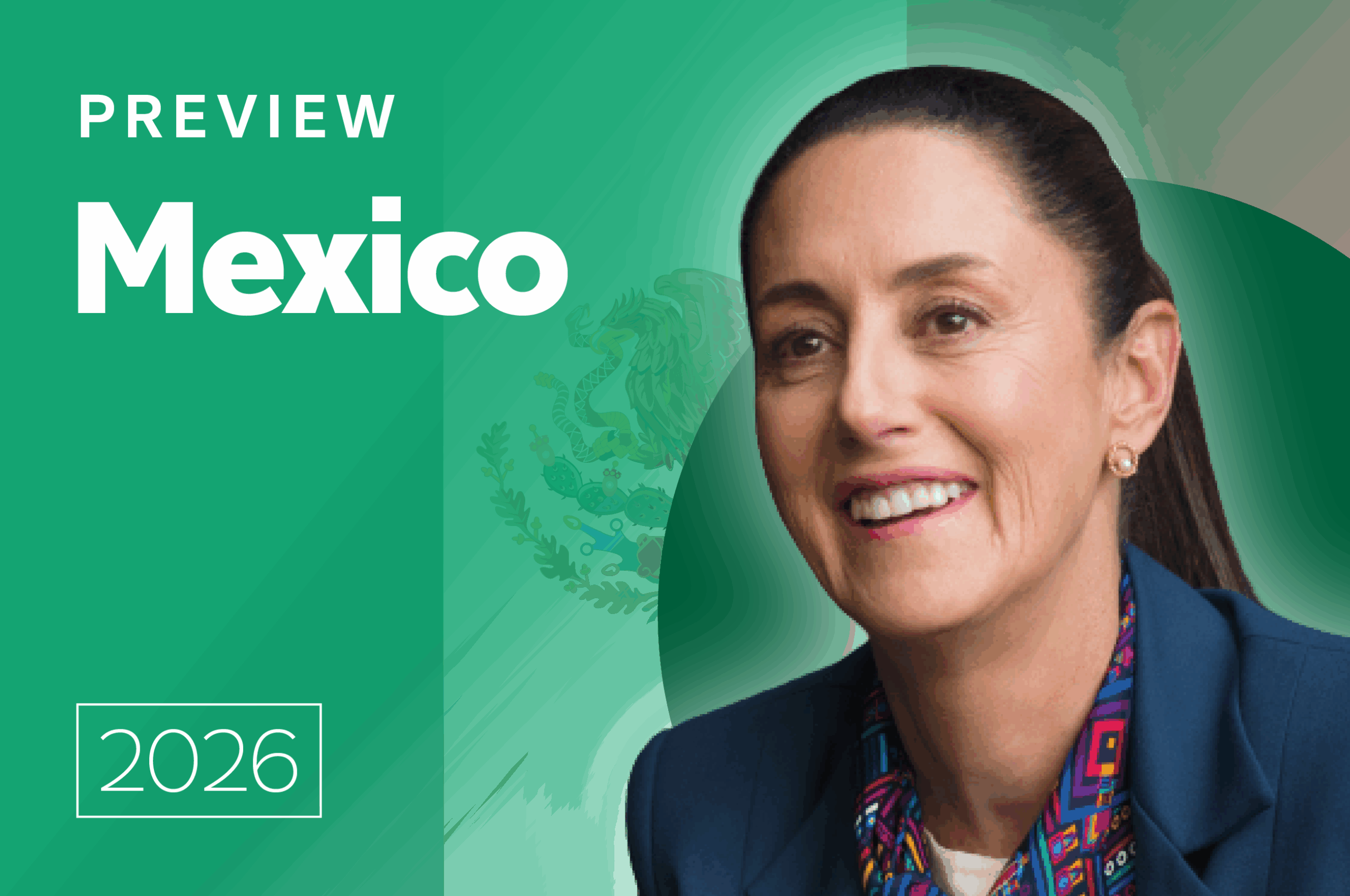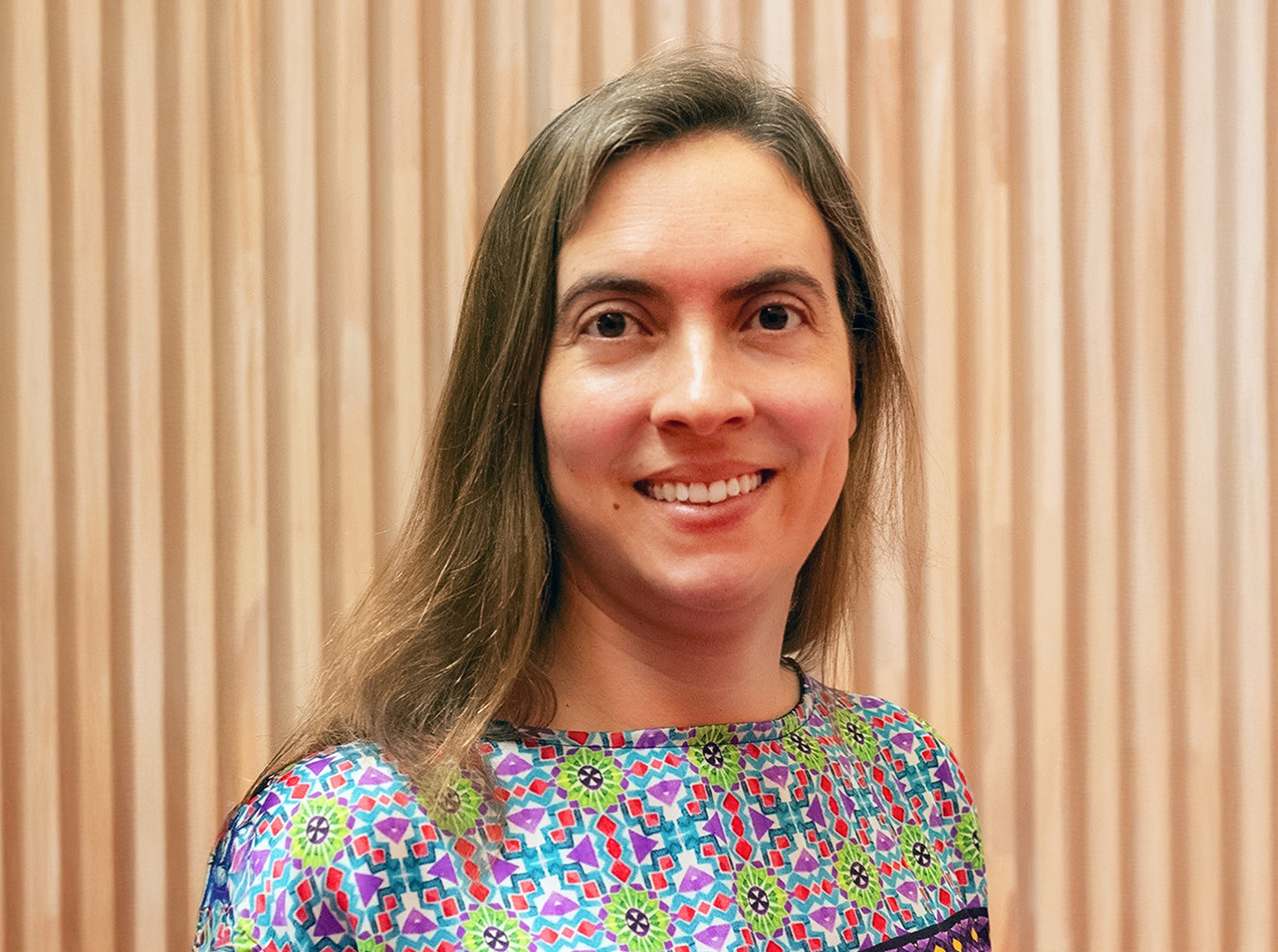Frustration Mounts
Frustration Mounts
Cuban workers and students have started to speak out against the failures of the revolution and the lack of changes. Recent pools indicate that the majority of Cubans are unhappy with the level of personal and economic freedom. Read the entire article in the Spring 2008 issue of Americas Quarterly.
If the new Cuban government has a remarkable resemblance to the old, that’s because they are one and the same. No real change has taken place in Cuba. Yet. The same group that accompanied Fidel and Raúl Castro since their days in the Sierra Maestra—all now senior citizens—remains firmly at the helm of government. They represent the quintessence of the Cuban military-industrial complex. Below them, however, lies an entity often observed but not very well understood: the Cuban people.
Recent polls by Gallup (2006) and the International Republican Institute (2007) indicate that a majority of Cubans are unhappy with their level of personal and economic freedom. Cubans increasingly cry out for greater personal autonomy, and that also includes questioning of the political structure. That unhappiness has largely been expressed in a withdrawal from the political involvement that has been crucial to the government’s ability to keep the population in check. According to the government’s own figures, over 1.4 million Cubans did not participate in the one-party, single-candidate electoral process that culminated with the selection of Raúl Castro as president this year. That’s a noteworthy decline from the 823,171 who absented themselves from the previous “elections” held in 2003. Considering that the Cuban government uses a wide array of persuasive and coercive measures to pressure citizens to participate, it is a highly significant figure.
But passive discontent is already changing into a more active mode...
To read more, subscribe and receive an instant digital copy of the Spring issue.
Already a subscriber? Login Now.








